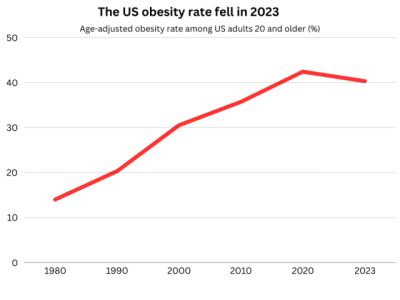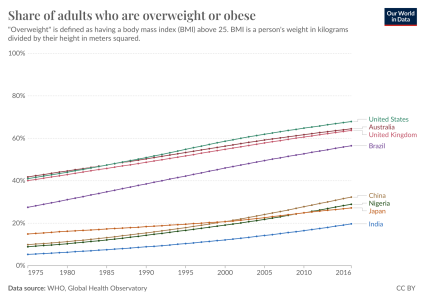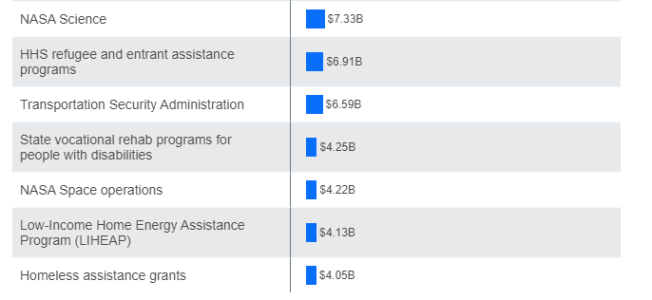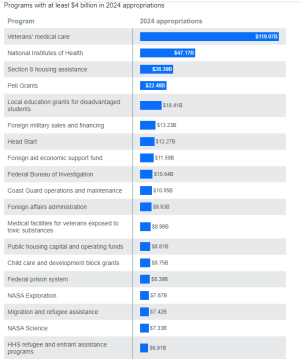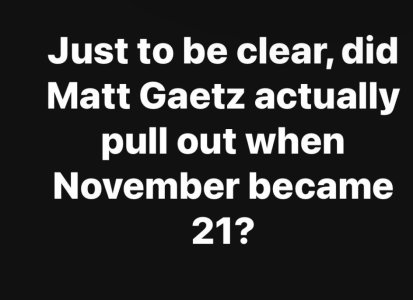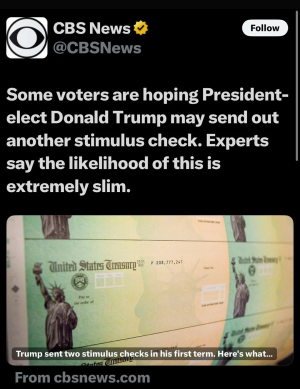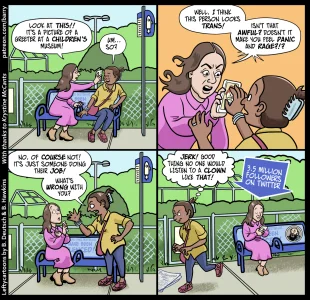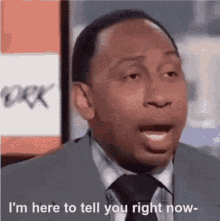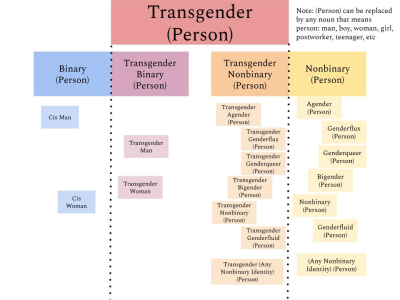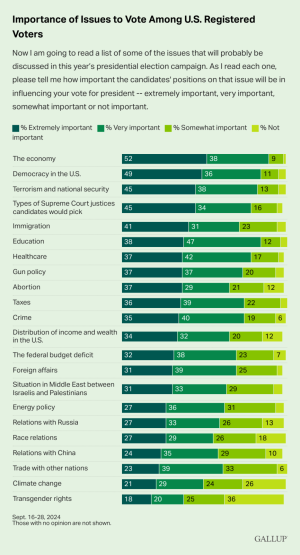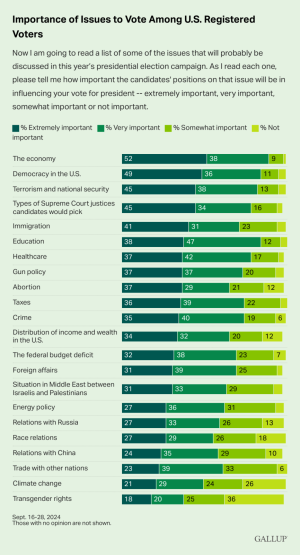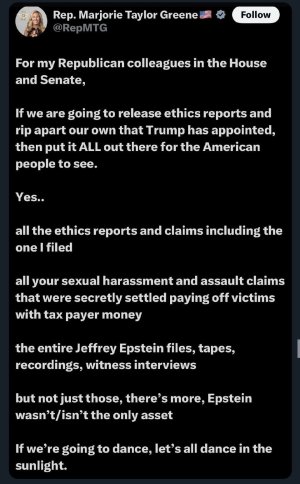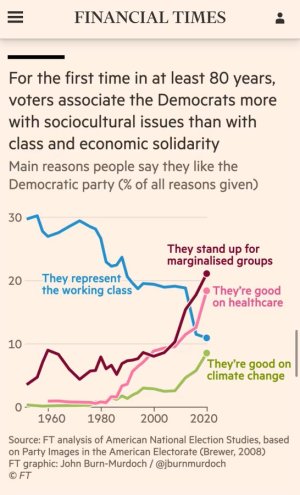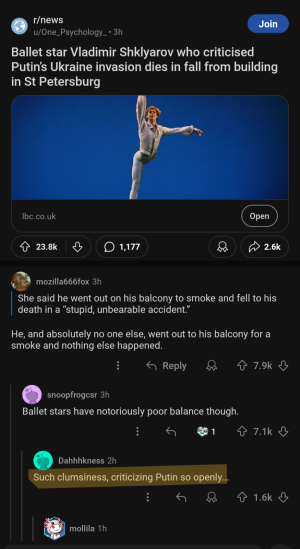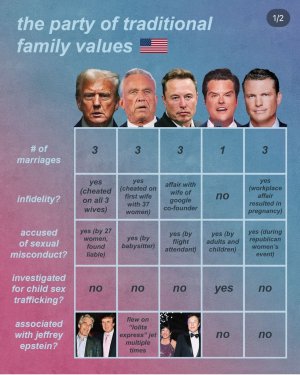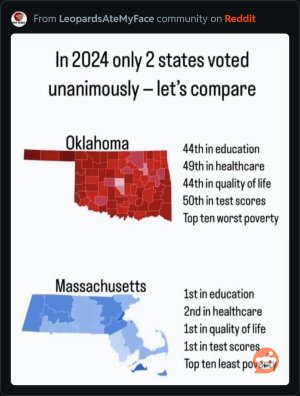Oct. 7: National Polls Show Signs of Settling
By NATE SILVER
Mitt Romney remains in a considerably stronger polling position than he was before last Wednesday’s debate in Denver. But the polls released on Sunday did not tell quite as optimistic a story for him as those in the debate’s immediate aftermath.
The four national tracking polls as published on Sunday were largely unchanged from their Saturday releases. Mr. Romney maintained a 2-point lead in the Rasmussen Reports tracking poll, but President Obama’s lead held at 2 points in an online poll published by Ipsos and at 3 points in the Gallup tracking poll. In the RAND Corporation’s online tracking poll, which lists its results to the decimal place, Mr. Obama’s lead declined incrementally, to 3.9 percentage points from 4.4 on Saturday.
Only the Rasmussen Reports tracking poll consists of interviews that were conducted entirely after the debate, but the share of post-debate interviews is now large enough in the other polls that we can start to come to some inferences about the overall magnitude of Mr. Romney’s bounce.
My effort to do that is reflected in the chart below. I’ve compared the most recent reading in each poll to the average result that the poll showed in the period between the Democratic convention and the Denver debate. I’ve also listed the approximate share of interviews in each poll that post-dated the debate.
(link is:
http://fivethirtyeight.blogs.nytime...onal-polls-show-signs-of-settling/#more-35662 There's a picture of the graph there)
On average, the four tracking polls showed Mr. Obama with a 3.7 percentage point lead between the convention and the debate. The numbers did seem to fluctuate slightly during this period — with Mr. Obama polling especially well just after the release of the “47 percent” tape, but then fading a bit early last week, even before the debate. But in general the polls were fairly stable and seemed to reflect a near-term equilibrium for the campaign.
Based on the numbers that the tracking polls published on Sunday, however, Mr. Obama’s lead was down to just 1.7 percentage points on average — a net shift of 2 points toward Mr. Romney since the debate.
But that calculation potentially underestimates Mr. Romney’s gains since only about two-thirds of the interviews in these polls were conducted after the debate. If Mr. Romney gained 2 points based on two-thirds of the interviews being conducted after the debate, that would imply a 3-point gain for him based on the post-debate interviews alone.
A 3-point gain for Mr. Romney would be consistent with what candidates received following some of the stronger debate performances in the past. It would also make the national race very close. The FiveThirtyEight “now-cast” had Mr. Obama ahead by an average of about 4.5 percentage points between the conventions and the debate. (This is higher than the average result from the national tracking polls alone, which have been a pinch less favorable to Mr. Obama on balance than the broader consensus of surveys.) A 3-point gain for Mr. Romney would imply that Mr. Obama’s advantage is now only 1 or 2 points, putting Mr. Romney well within striking distance depending on how well the rest of the campaign goes for him and how accurate the polls turn out to be.
However, the fact that Mr. Romney did not make further gains in the polls on Sunday can be read as mildly disappointing for him. The way tracking polls work is to replace the oldest day of interviews with fresh interviews conducted the previous day. In the Sunday release of the polls, this meant that interviews from Saturday were replacing a day of interviewing from before the debate. The fact that the Saturday interviews that entered the polls were roughly as strong for Mr. Obama as the predebate day of interviews that they displaced is an encouraging sign for Mr. Obama — at least as compared with most of the polling news that he has received since the debate.
Of course, making these sorts of inferences based on trying to reverse-engineer just one day’s worth of polling is an imprecise exercise. Sunday’s evidence is consistent with the hypothesis that Mr. Romney initially received a very large bounce in the polls that has since receded some, perhaps in part because of Friday morning’s favorable jobs report. But it is not dispositive of it; these methods are too crude to know for sure. The next few days of polling may well be the most interesting and important that we’ll see all cycle.
Mr. Romney continues to make gains in the FiveThirtyEight forecast, which had been sluggish to catch up to his post-debate bounce. The forecast now gives him a 21.6 percent chance of winning the Electoral College on Nov. 6, up from 15.1 percent before the debate.
I feel as though it’s my duty to tell you when my subjective estimate of the odds differs by a material amount from the ones that our model produces. On Friday and Saturday, I wrote that I thought the model was underestimating Mr. Romney’s chances.
The model is designed to distinguish essentially random changes in the polls from more permanent reversals in the state of play. But it takes a one-size-fits-all approach to do this. Had there been no major developments in the news cycle over the past several days, there would be reason to be skeptical that the shift toward Mr. Romney had been quite as clear as the polls had seemed to imply. There have been other points in the election cycle when the polls appeared to show a shift in the race but without much news to drive it; the model has been fairly “smart” about avoiding being taken by these false alarms.
The trade-off, however, is that the model may be too conservative about accounting for a shift when there is real news behind it. The model is able to account for changes caused by some types of economic reports, since those are incorporated directly into the forecast; we also have special procedures to handle polling around the party conventions. Other types of news events, however — like the debates, major foreign-policy developments, or the vice presidential selections — may not be handled very adroitly by the model.
At the same time, the more common error is probably to overrate the importance of near-term shifts in the polls. It’s not just that these fluctuations may literally reflect random noise because of the sampling error in polls. It’s also the case that polling in presidential general elections has fairly strong mean-reversion tendencies — a fancy way of saying that some changes may be real, but short-lived. It seems quite possible that Mr. Romney would have had at least an even-money chance of winning an election conducted on Thursday exactly, when his polling was very strong — but there was apparently less strength in his numbers on Saturday. My subjective estimate of Mr. Romney’s chances is still a bit higher than the one our model lists officially, but the gap has closed quite a bit.
This is not to suggest, however, that Mr. Romney did not make tangible and important gains at the debate. Among other things, he presented himself as competent and cool-headed, and managed to shift his positions toward the center without getting too much immediate pushback for it. And he rekindled Republican enthusiasm about his chances, avoiding a potential “death spiral” trap in which Republicans began to redirect resources toward Congressional races.
That’s an awful lot to accomplish in one night, especially considering that Mr. Romney’s chances had begun to look rather dire before the debate. He may have been a bit unlucky with the jobs report — no, the numbers aren’t rigged — but there is a lot of statistical variance in the month-to-month reports. But his prospects still look a lot brighter than they did a week ago.
Much of the news media’s attention since the debate has been focused on Mr. Obama’s poor performance in Denver. From my vantage point, however, it was more Mr. Romney’s strong performance that stood out.
If the polls settle in at showing something like a 1- or 2-point lead for Mr. Obama by this point next week, that would be reasonably well in line with where our model and others think that the election “should” be based on economic trends; it would no longer be as appropriate to think of Mr. Romney as being an underachieving candidate.

 Sometimes it is hard to figure out who the bigger dirty prostitute is, the politicians or the banks.
Sometimes it is hard to figure out who the bigger dirty prostitute is, the politicians or the banks.




